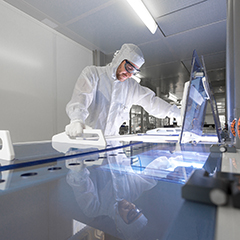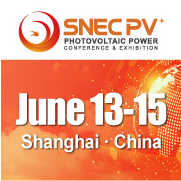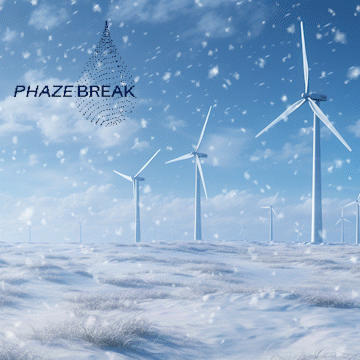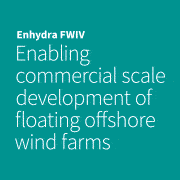From industry-driven solar cells with efficiency values of more than 22 percent to effective new metallization processes for contacting solar cells — the Photovoltaic Technology Evaluation Center (PV-TEC) at the Fraunhofer Institute for Solar Energy Systems ISE in Freiburg has enjoyed numerous technological successes. The research factory, which was rebuilt and significantly expanded in 2018, is the largest R&D center for crystalline silicon solar cells in Europe.
“We are thrilled to be able to present such outstanding results so soon after the inauguration of our PV-TEC,” said Dr. Ralf Preu, Division Director of PV Production Technology at Fraunhofer ISE. The laboratory operated as a research factory from its inception in 2006 until it was destroyed by fire in February of 2017. Rebuilding was completed in record time and the center reopened one year ago, providing one-of-a-kind infrastructure for industry-driven solar cell research, including research and development for processing equipment. “Thanks to the rapid rebuilding process and our innovative infrastructure and equipment, we have the opportunity to usher in the future of photovoltaics and cement our position as a leading international developer of PV technology,” added Preu.
More space for technological innovation
Fraunhofer ISE used the rebuilding process to restructure the laboratory, creating front-end and back-end divisions housed at two separate locations. The reorganization is intended to better meet the growing technical requirements for the various processes in terms of infrastructure and indoor climate, while at the same time creating space for new production lines and technologies. Today, around 180 employees develop manufacturing processes across 2400 square meters of technical facilities to make the high-efficiency solar cell concepts of tomorrow a reality. They collaborate with industrial partners from Germany and across Europe on cost-effective processes for the next generation of solar cell technology, with the aim of improving cell efficiency and energy yields, increasing throughputs in process technology and implementing current trends such as building- or product-integrated photovoltaics. Current research is focusing on cost-effective processes for monocrystalline PERC solar cells that achieve efficiency values of more than 22 percent and can be implemented on an industrial scale, as well as solar cells based on passivated contacts (TOPCon, heterojunction), including tandem solar cell designs. Concepts for digitalizing solar cell manufacturing (digital twins, self-learning machines, predictive maintenance) also undergo research and testing for the next generation of production equipment.




























